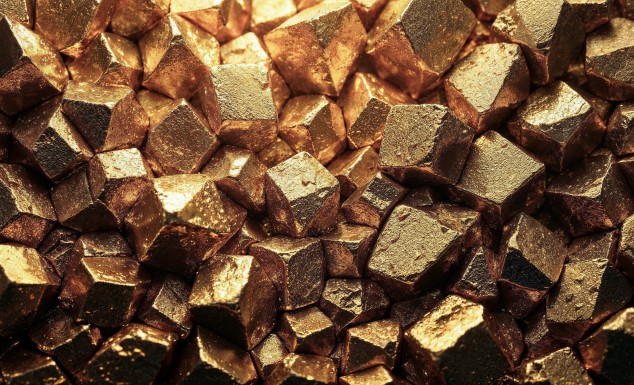Watch
The chemical industry is deeply woven into modern life. From the plastics that wrap our food, the fertilizers that grow our crops, to the essential ingredients for semiconductors and pharmaceuticals—chemicals form the backbone of the global economy. Yet, today, this critical industry is in a period of intense upheaval.
In Europe, chemical giants that once set the global benchmark are now struggling to survive. Natural gas prices have remained stubbornly high—averaging 3.3 times more expensive than in the United States. This cost disparity has squeezed profit margins, forcing plants to scale back production. Utilization rates in the European chemical sector have slumped to just 74%, a sharp drop from pre-crisis levels. In Germany, France, and Italy, over 11 million tons of chemical production capacity have been shut down in just the past two years.
The situation is further complicated by the shifting dynamics of global trade. The escalating disputes between the United States and China have disrupted long-standing supply chains, making the sourcing of key intermediates and raw materials increasingly unpredictable. At the same time, the industry faces mounting pressure to decarbonize. Emerging green chemistry solutions—such as e-methanol and hydrogen-based processes—offer hope, but remain costly and difficult to scale.
Amid this turbulence, Indonesia stands out as a compelling alternative. Positioned strategically in Southeast Asia, the country combines competitive energy prices with a rapidly expanding industrial base. Indonesia’s natural advantages go beyond cost: it is rich in renewable bio-feedstocks like palm oil, sugarcane, and seaweed, which can serve as sustainable raw materials for green chemical production.
Industrial hubs such as Cilegon, Batam, and parts of Kalimantan are evolving into integrated manufacturing ecosystems, offering ports, logistics, and direct access to regional and global markets. The government has actively encouraged industrial downstreaming, providing incentives for investors to build value-added production facilities instead of relying solely on raw exports.
This convergence of factors—low operational costs, abundant natural resources, and proactive industrial policy—positions Indonesia as an emerging green chemistry hub for the Global South. It has the potential not only to fill the supply gaps left by struggling European producers but also to lead a new wave of sustainable chemical manufacturing that aligns with global ESG standards.
As the chemical industry redefines itself in a world shaped by energy transitions, geopolitical fragmentation, and environmental imperatives, Indonesia offers more than just an alternative—it offers a new model. A model where the Global South doesn’t merely participate in the industry’s future but helps shape it.






